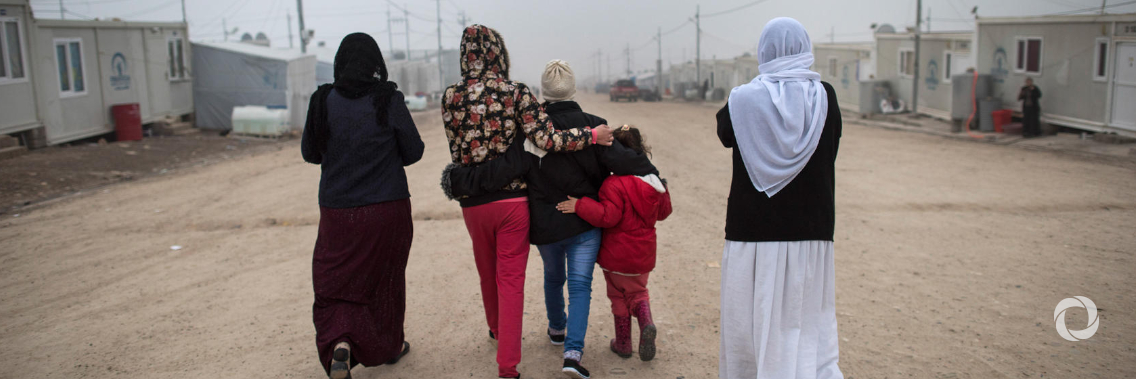With Islamic State in Iraq and the Levant (ISIL/Da’esh) and other terrorist groups attempting to exploit the COVID-19 pandemic for their own ends, the international community must respond with stronger collective action and cooperation, the top UN counter-terrorism official said.
Vladimir Voronkov, Head of the UN Office of Counter-Terrorism, said the global coronavirus crisis underscored the challenges involved in eliminating terrorism, as he presented the UN Security Council with the latest report on ISIL’s impact on international peace and security.
“This pandemic environment raises several strategic and practical challenges for counter-terrorism, which we discussed during the Virtual Counter-Terrorism Week organized by my Office last month,” he told Council members during video-teleconference briefing.
Since the start of this year, the threat has grown in conflict zones, as seen by the regrouping and increased activity of ISIL and some of its affiliates in Iraq and Syria, he explained.
In non-conflict areas, the threat seems to have decreased in the short term, with COVID-19 lockdowns and restrictions apparently lowering the risk of attacks.
However, “opportunistic propaganda efforts” by ISIL could be fuelling an ongoing trend of attacks by individuals and small groups, he said.
The COVID-19 crisis has further complicated the already dire and unsustainable situation of several thousand people – especially women and children – with suspected links to ISIL. Some countries are still repatriating children, but there has been only limited progress on overcoming legal, political and practical hurdles to repatriation, he said
“The global threat from ISIL is likely to increase if the international community fails to meet this challenge,” Mr. Voronkov warned, calling for decisive action from Member States on humanitarian, human rights, and security grounds.
Original source: UN News

